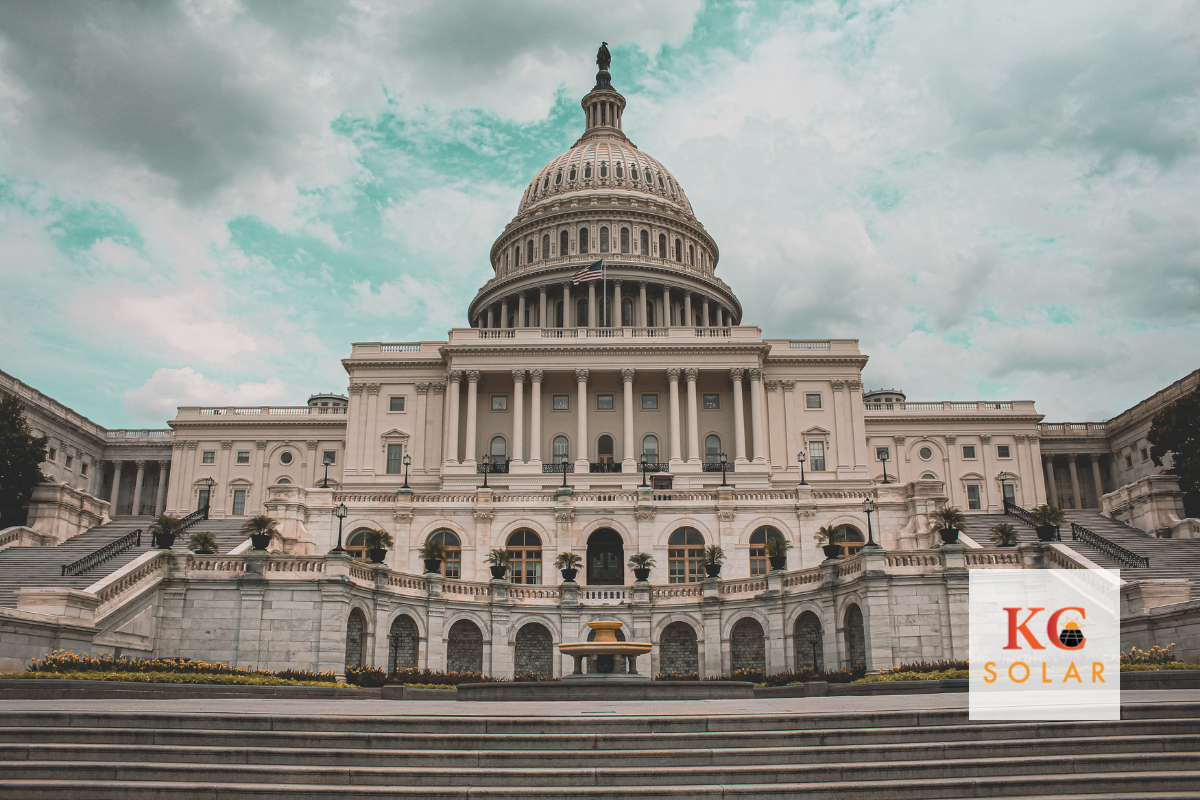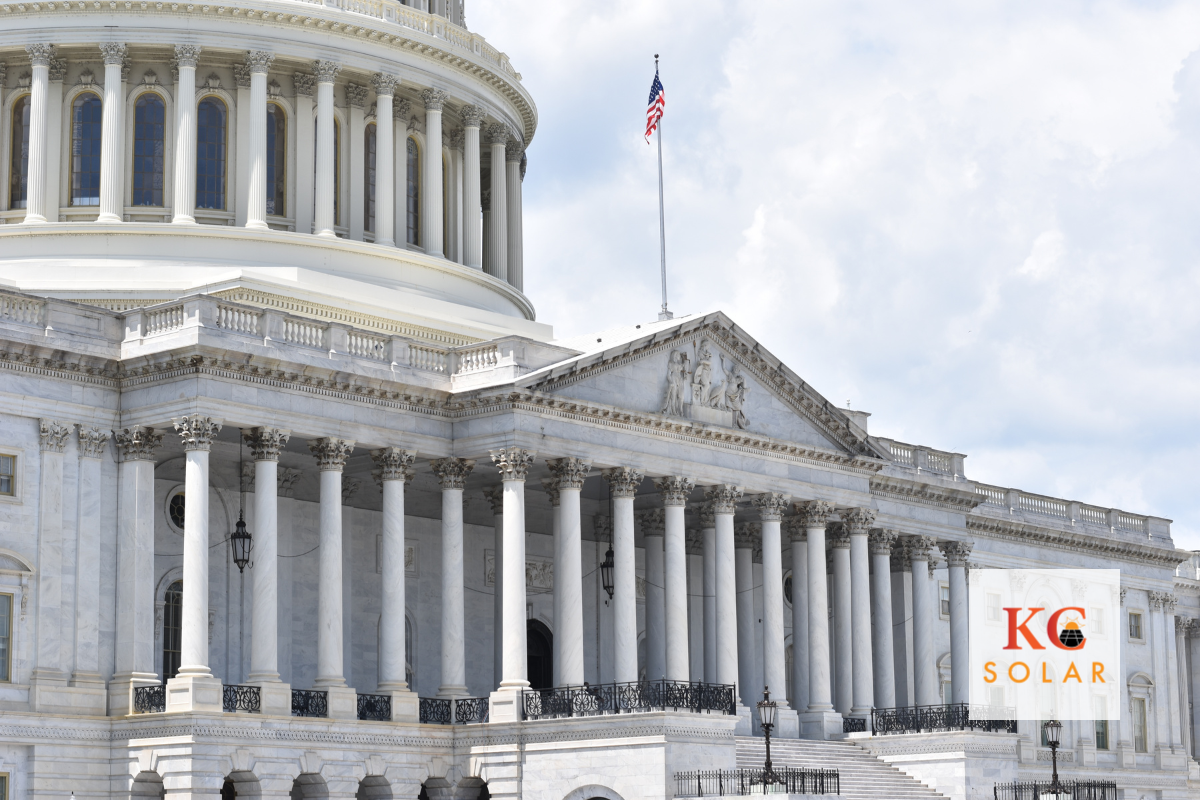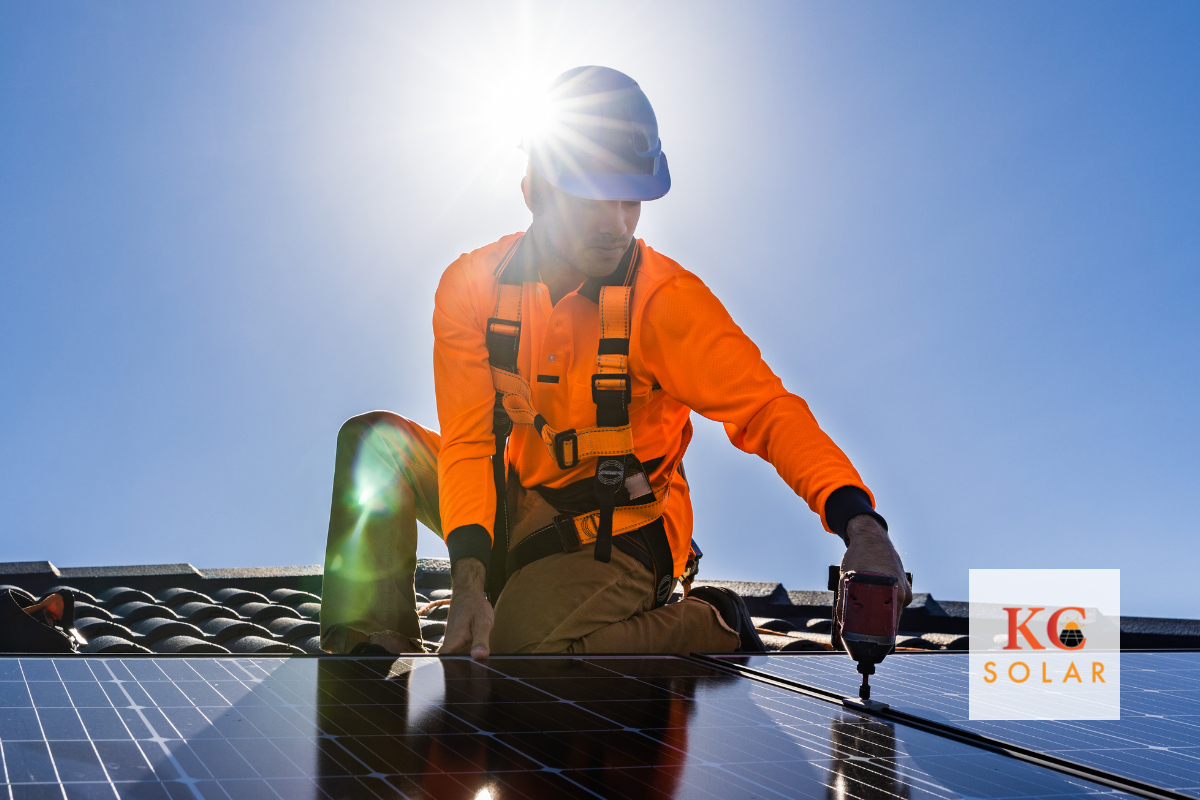Solar energy is one of the most talked-about solutions for lowering household energy bills and reducing environmental impact. But with the upfront costs and the technical considerations, many homeowners ask themselves: “Are solar panels still worth it?”
In this post, we’ll break down the financial, environmental, and long-term benefits of solar panels, including the latest incentives like federal solar tax credits.
The Initial Costs of Installing Solar Panels
When exploring whether solar panels are worth the investment, the first thing to consider is the cost. Solar panel installations typically vary in price based on system size, roof type, and region. For a standard residential system, prices can range from $15,000 to $25,000 before incentives.
Key Factors Affecting Solar Panel Costs:
- System Size: Larger homes with greater energy needs require more panels, increasing the overall cost.
- Roof Type: Complex roof structures or shaded areas can affect installation costs and energy output.
- Location: Installation costs and efficiency vary based on geographic factors like sunlight exposure. In sunny states like Kansas and Missouri, solar panels tend to be more effective and can yield greater savings.
Federal Solar Tax Credit and Other Incentives
One of the biggest reasons solar panels are more affordable today than in previous years is the federal solar tax credit, which allows homeowners to deduct a percentage of their installation costs from their federal taxes. For systems installed in 2024, the federal solar tax credit covers 30% of the total cost, significantly lowering the initial investment.
Additionally, some states and local governments offer solar tax credits or incentives, which can further reduce costs. While Missouri and Kansas don’t have state-specific credits, other local rebates or utility-based incentives may be available. By combining federal tax credits with any available local incentives, homeowners can lower the upfront cost by thousands of dollars.
The Long-Term Financial Benefits of Solar Panels
Now that we’ve covered initial costs, let’s look at the long-term benefits. Solar panels offer homeowners substantial savings on energy bills, with most systems paying for themselves within 6 to 10 years. In addition, after the break-even point, energy savings continue, effectively providing free power for the remaining lifespan of the panels, which can last 25 years or more.
The exact savings from solar panels vary, but according to national data, homeowners can save anywhere from $1,000 to $2,000 annually on energy costs. For states with high electricity rates, such as California, savings can be even higher. In Kansas and Missouri, where electricity rates are rising, solar energy provides a buffer against future utility cost increases.
Increasing Property Value with Solar Panels
Besides energy savings, another financial benefit of going solar is the potential increase in property value. Studies show that homes with solar installations typically sell for a premium compared to non-solar homes. This boost in property value can range from 3% to 4%, depending on the market.
Having solar panels can be a significant selling point, particularly for buyers who are already interested in sustainable living and lower energy bills. Even if you’re not planning to sell immediately, this increase in property value makes solar panels a worthwhile investment for the future.
Environmental Impact and Long-Term Savings
While the financial aspects are compelling, many homeowners choose solar energy because of the positive environmental impact. Solar panels produce clean energy, reducing greenhouse gas emissions and dependence on fossil fuels. For the eco-conscious homeowner, the decision to go solar is not just about cost savings, but also about contributing to a healthier planet.
Are Solar Panels Worth It for You?
Whether solar panels are worth it for you depends on several factors, including your energy usage, location, and financial situation. For those living in sunny states like Kansas and Missouri, the benefits of solar are often amplified due to consistent sunlight exposure, making solar panels a worthwhile investment for long-term energy savings.
Considerations for Going Solar in Kansas and Missouri:
- Sunlight Exposure: Kansas and Missouri receive plenty of sunlight, which improves solar efficiency.
- Electricity Rates: Rising electricity costs make solar energy a smart choice for long-term savings.
- Federal Tax Incentives: With the federal solar tax credit still available, 2024 is an excellent time to make the switch to solar.
Final Verdict: Solar Panels
Given the financial incentives, energy savings, and environmental benefits, solar panels are a smart investment for many homeowners in 2024. The federal solar tax credit, combined with savings on monthly energy bills and potential property value increases, can make going solar more accessible and affordable than ever.
KC Solar are your local Kansas City solar panel installation experts. Once you schedule a no-pressure site visit, our experts will help you understand what solar system specifications would be best for your home or business.
We are a local company made up of KC natives with KC pride — in our city, and in our work. Which means we’ll always give you the best of ourselves.
And be sure to download our Free Solar Panel Buying Guide for more information.
We look forward to serving you!






